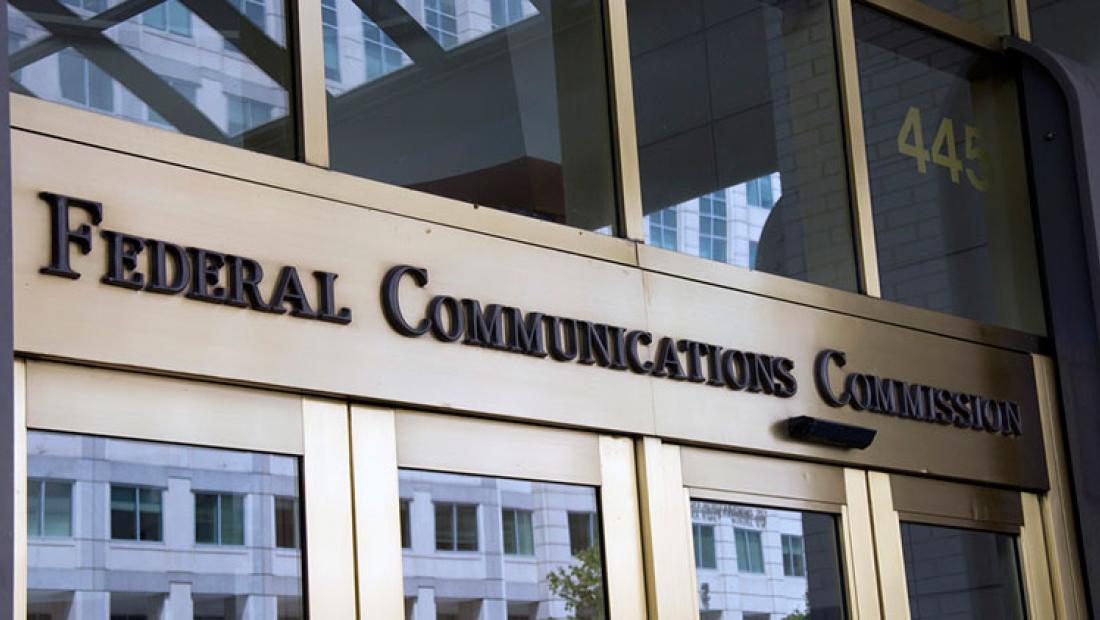ACA On Double TV Station Reach Discount: It's Doubly Wrong

The smarter way to stay on top of the multichannel video marketplace. Sign up below.
You are now subscribed
Your newsletter sign-up was successful
The response of small and midsized cable operators to broadcaster proposals to double their audience reach can be summed up in two words: No way.
That came in reply comments to the FCC by the American Cable Association, which says is is both ill-conceived and unlawful.
The National Association of Broadcasters wants the FCC to extend the UHF discount to VHF stations, which means all broadcast groups could effectively double their audience reach cap from 39% to 78% of the national audience. Affiliate associations wand the same thing, except they want to maintaining the 39% limit for network-owned stations.
Related: NAB Pitches 50% UHF/VHF Discount
"Both proposals for an 'Everybody Discount' are ill-conceived as a matter of policy and impermissible as a matter of law," the ACA told the FCC.
As ACA points out, doubling the discount is equivalent to raising the cap, a solution broadcasters "presumably seek only because significant questions remain as to the Commission’s authority to raise or eliminate the cap itself," it said.
ACA is concerned about more powerful broadcast groups having an unfair advantage in retransmission consent negotiations. It also cited a reference to Sinclair's "must-read" news anchor scripts as evidence of the harms of consolidation.
The smarter way to stay on top of the multichannel video marketplace. Sign up below.
"[B]roadcasters must shoulder the burden to demonstrate that any benefits of new consolidation permitted by an expanded discount would outweigh the harms, including the retransmission consent-related harms identified in our initial comments," it said. "We remain skeptical that such a case can be made."
ACA suggested that the issue of impact is essentially moot because the FCC lacks the authority to raise the cap via "creative circumvention."
That would include by changing the UHF discount from one based on signal reach to one based on a station's ratings that, even if the FCC has the power to do, should not be applied to all stations.
Contributing editor John Eggerton has been an editor and/or writer on media regulation, legislation and policy for over four decades, including covering the FCC, FTC, Congress, the major media trade associations, and the federal courts. In addition to Multichannel News and Broadcasting + Cable, his work has appeared in Radio World, TV Technology, TV Fax, This Week in Consumer Electronics, Variety and the Encyclopedia Britannica.

